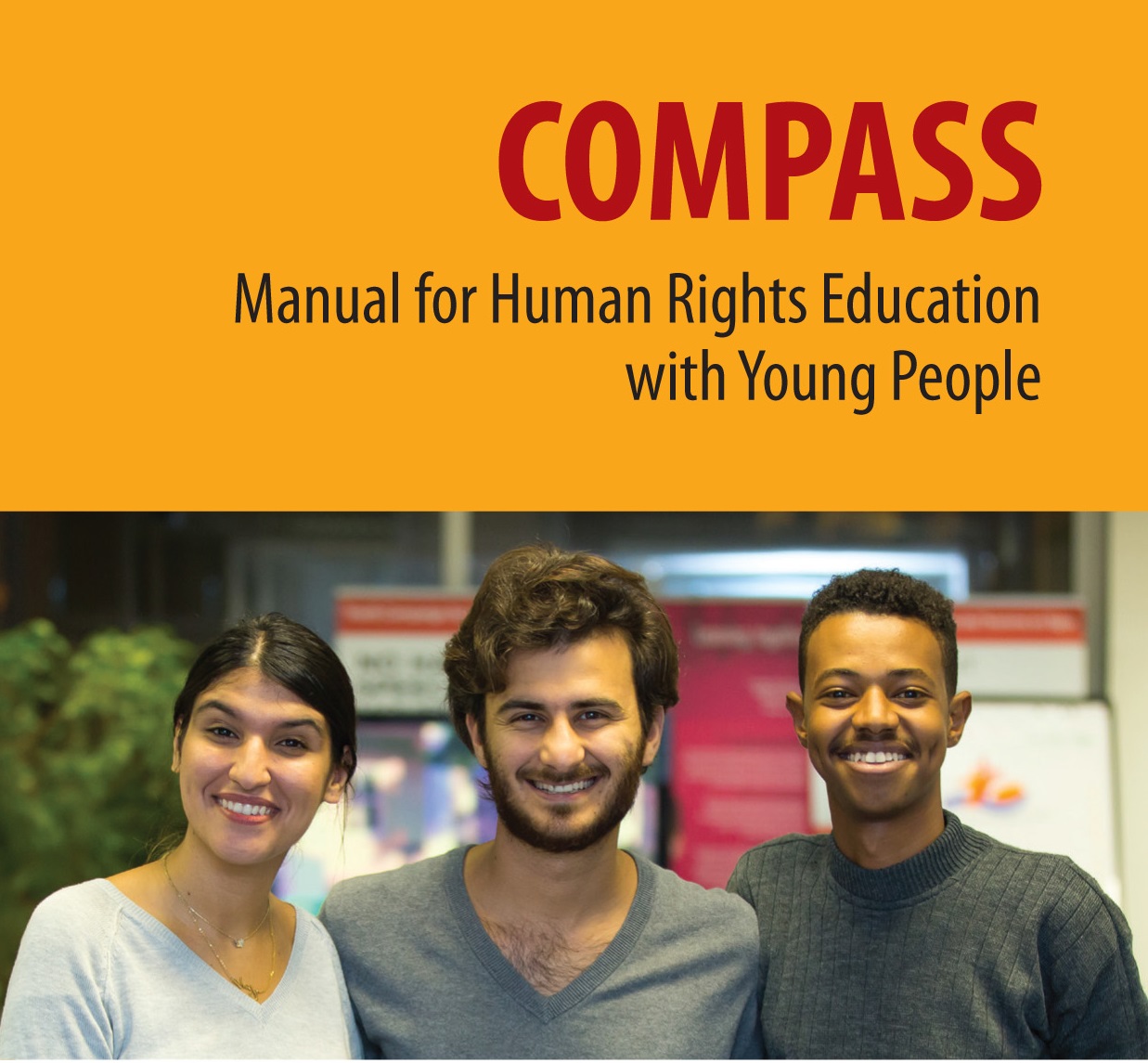The Convention on the Elimination of All Forms of Discrimination against Women (CEDAW)
adopted in 1979 by the UN General Assembly, entered into force on 3 September 1981
(Unofficial summary)
Article 1
Definition of discrimination against women as “...any distinction, exclusion or restriction made on the basis of sex which has the effect or purpose of impairing or nullifying the recognition, enjoyment or exercise by women, irrespective of their marital status, on a basis of equality of men and women, of human rights and fundamental freedoms in the political, economic, social, cultural, civil or any other field.”
Article 2
Condemns discrimination against women in all its forms; States Parties agree to ensure a legal framework providing protection against discrimination and embody the principle of equality.
Article 3
States agreed to take action in all fields – civil, political, economic, social, and cultural – to guarantee exercise and enjoyment of women’s human rights and fundamental freedoms on a basis of equality with men
Article 4
Permits States Parties to take “temporary special measures” to accelerate equality.
Article 5
The need to take appropriate measures to modify cultural patterns of conduct, as well as the need for family education to recognize the social function of motherhood and the common responsibility for raising children by men and women.
Article 6
Obligates States Parties to take measures to suppress the trafficking of women and the exploitation of prostitution of women
Article 7
Women have an equal right to vote, hold public office, and participate in civil society.
Article 8
Women have the same rights as men to work and represent their governments on the international level.
Article 9
Women have equal rights with men to acquire, change, or retain their nationality and that of their children.
Article 10
Obligates States Parties to end discrimination in education, including in professional and vocational training, access to curricula and other means of receiving an equal education as well as to eliminate stereotyped concepts of the roles of men and women
Article 11
Calls for the States Parties to take measures to end discrimination in employment and ensure all rights in this field, including the right to work, employment opportunities, equal remuneration, free choice of profession and employment, social security, and protection.
Article 12
Requires States Parties to take steps to eliminate discrimination in health care, including access to services such as family planning,
Article 13
Women have the same rights as men in all areas of social and economic life, such as family benefits, mortgages, bank loans, and participation in recreational activities and sports.
Article 14
Focuses on the particular problems faced by rural women, including the areas of women’s participation in development planning, access to adequate health care, credit, education, and adequate living conditions.
Article 15
Women and men are equal before the law. Women have the legal right to enter contracts, own property, and choose their place of residence.
Article 16
Requires steps to ensure equality in marriage and family relations including equal rights with men to freely choose marriage, equal rights and responsibilities toward children, including the right to freely determine the number and spacing of children and the means to do so, and the same rights to property.
Articles 17-30
Reporting procedures and administration of the Convention.
- Chapter 1 - Human Rights Education and Compass: an introduction
- Chapter 2 - Practical Activities and Methods for Human Rights Education
- Chapter 3 - Taking Action for Human Rights
- Chapter 4 - Understanding Human Rights
- Chapter 5 - Background Information on Global Human Rights Themes
- Appendices
- Glossary







